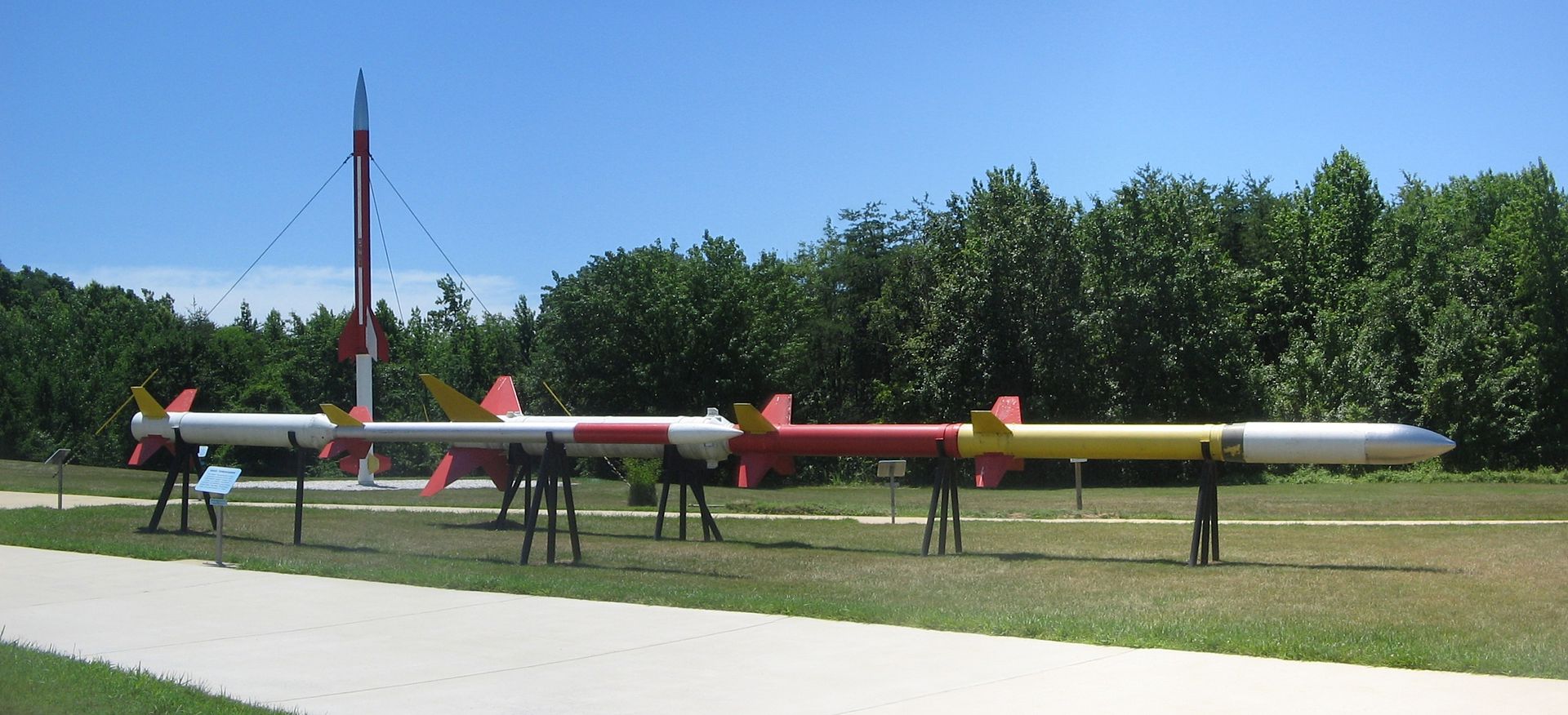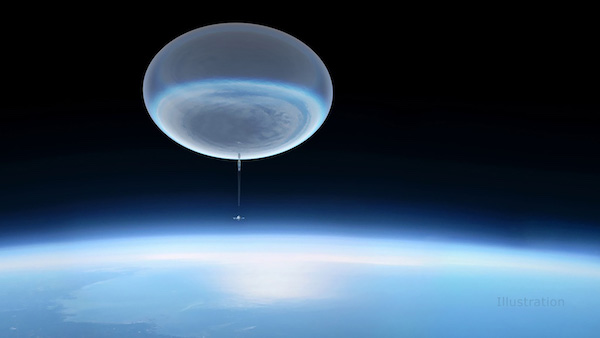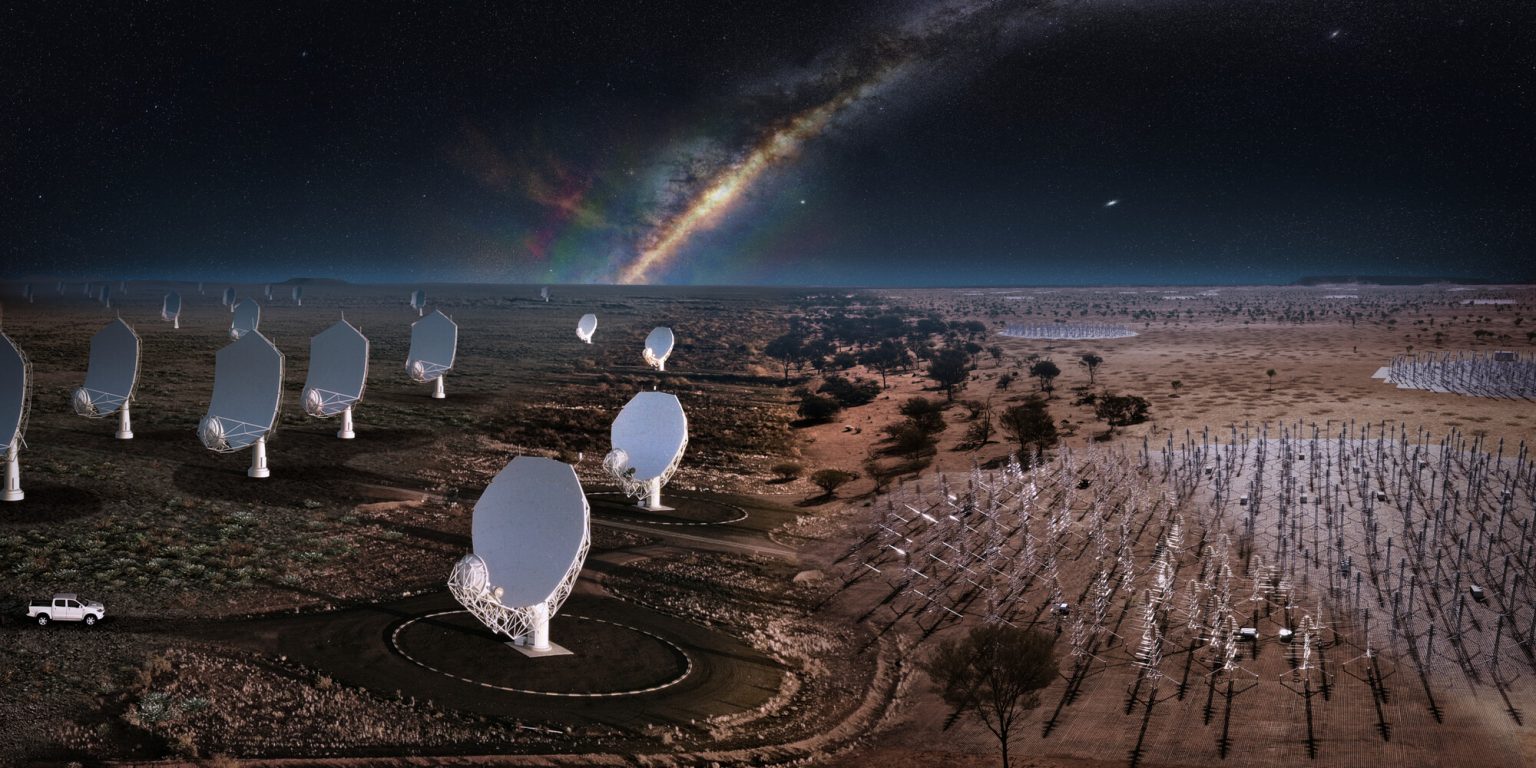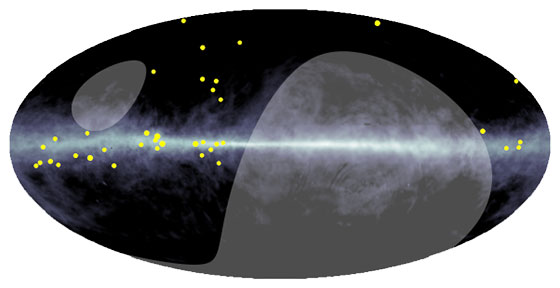Last week we talked about balloon-based astronomy. This week we’re going to talk about putting balloons on rockets and making observations mid-flight. Welcome to the world of sounding rockets.



Fraser Cain
Universe Today

Dr. Pamela Gay
CosmoQuest

Last week we talked about balloon-based astronomy. This week we’re going to talk about putting balloons on rockets and making observations mid-flight. Welcome to the world of sounding rockets.

When you think about the world’s observatories, I’m sure you’re imagining huge telescopes perched atop mountain peaks, or space telescopes like Hubble. But you might be surprised to learn that some telescopes are carried high into the atmosphere on board balloons. What can they accomplish?

Last week we talked about how new telescopes and techniques are allowing astronomers to explore the shortest wavelengths of light. This week, we go to the other end of the electromagnetic spectrum, and explore the longer radio waves which are now accessible to astronomers.

The Earth’s atmosphere protects us from a Universe that’s trying to kill us, but it also blocks our view of the extreme cosmos, like seeing x-rays and gamma radiation. Space telescopes are changing our view of the most extreme events in the Universe.
Recent Episodes
After astronauts make the first tentative steps onto the surface of Mars, a big goal will be colonization of the Red Planet. The first trailblazers who try to live on Mars will have their work cut out for them, being in an environment totally hostile to life. What...
We're learned about the failed missions to Mars in the past, and the current spacecraft, rovers and landers currently exploring the Red Planet. But the real prize will come when the first human sets foot on Mars. Robots are cheaper, but nothing beats having a real...
I know last week was a bit of a dry history lesson, but we wanted to give you some understanding of past efforts to explore Mars. Now we'll look at the missions currently in orbit, and crawling around the surface of Mars, and help you understand the science that's...
With last month's safe arrival of the Phoenix Mars Lander, Mars enthusiasts breathed a collective sigh of relief... phew. Now it's time to search for evidence of organic molecules in the ice at Mars' north pole. But this is just the latest in a long series of missions...
With the successful touchdown of the Phoenix Lander, NASA is continuing its quest to find evidence of past and present water on Mars. This week we discuss the geologic history of Mars, and explain why NASA thinks the story of water on Mars is so important. And how...
You've heard me say it 90 times: "How we know what we know." But how do we know how we know what we know? So astronomers like all scientists use the scientific method. Without the scientific method we'd probably still think the Earth is flat, only a few thousand years...
Since the dawn of humanity, astronomers have wished to destroy the atmosphere. Oh sure, it's what we breathe and all, but that stupid atmosphere is always getting in the way. Since destroying the atmosphere is out of the question, astronomers have figured out how to...
Our understanding of the cosmos has been revolutionized by the Hubble Space Telescope. The breathtaking familiar photos, like the Pillars of Creation, pale in comparison to the astounding amount of science data returned to Earth. Hubble's getting old, though, serviced...
Hopefully you've all recovered from part 1 of this set, where we make you sad about the future of the humanity, the Earth, the Sun and the Solar System. But hang on, we're really going to bring you down. Today we'll look far far forward into the distant future of the...
This is a show we wanted to do since we started Astronomy Cast but we always thought it was too early. We wanted you to know that we're positive, happy people with enthusiasm for astronomy and the future. It's time for some sadness. It's time for a grim look to see...
Our senses can only detect a fraction of the phenomena happening in the Universe. That's why scientists and engineers develop detectors, to let us see radiation and particles that we could never detect with our eyes and ears. This week we'll go through them all, so...
Have you ever wondered what it takes to get a spacecraft off the Earth and into space. And how managers at NASA can actually navigate a spacecraft to another planet? And how does a gravity assist work? And how do they get them into orbit? And how do they land? So many...
Have you ever heard that photons behave like both a particle and a wave and wondered what that meant? It's true. Sometimes light acts like a wave, and other times it behaves like a little particle. It's both. This week we discuss the experiments that demonstrate this,...
We're polluting every corner of our own planet, so it only makes sense that we'll take our trashy habits out into space with us. This week we look at the myriad of ways we're messing up space, from the trash orbiting the planet to the radiation we're leaking out into...
As predicted we got a lot of questions from people about our trilogy of shows on the size, shape and centre of the universe. Today we'll do our best to clear them all up.As always, if you're still confused drop us an email to info@astronomycast.com Episode 81:...
Pamela's attending the 39th Lunar and Planetary Sciences Conference, and you know what that means: the Moon... and planets! When you think of the Moon, you think of craters. In fact, that's a big theme this week at the conference, so Pamela took it as inspiration....
We're ready to complete our trilogy of discovery about the universe. We've learned that it has no center; rather everywhere is its center and nowhere. We discovered that the universe seems to be flat. It's not open, it's not closed, it's flat. If that doesn't make any...
Some of the biggest questions in the universe depend on its shape. Is it curved? Is it flat? Is it open? Those may not make that much sense to you, but in fact it's very important for astronomers. So which is it? How do we know? How did we figure it out? Why does it...
There are some people - I'm not naming names - who think the universe revolves around them. In fact, for most of humankind, everybody thought that. It's only been in the last few hundred years that scientists finally puzzled out that the Earth isn't the centre of the...
Gravity is always pulling you down, but there are places in the solar system where gravity balances out. These are called Lagrange points and space agencies use them as stable places to put spacecraft. Nature is on to them and has already been using them for billions...